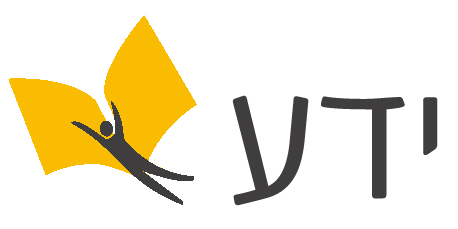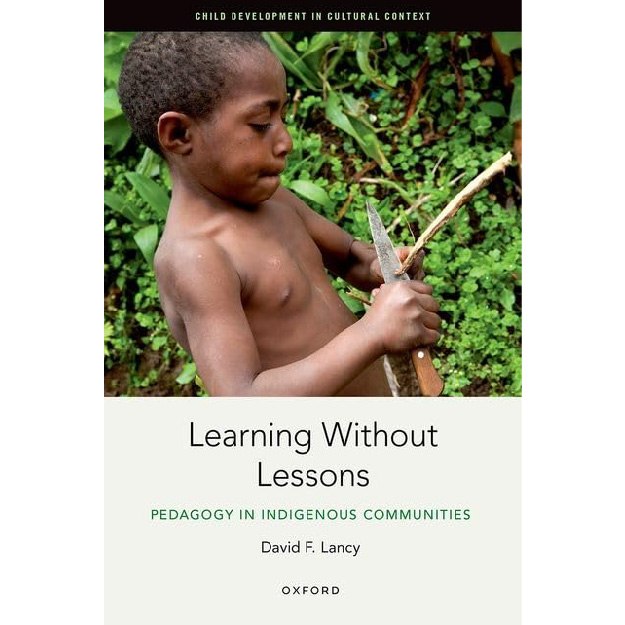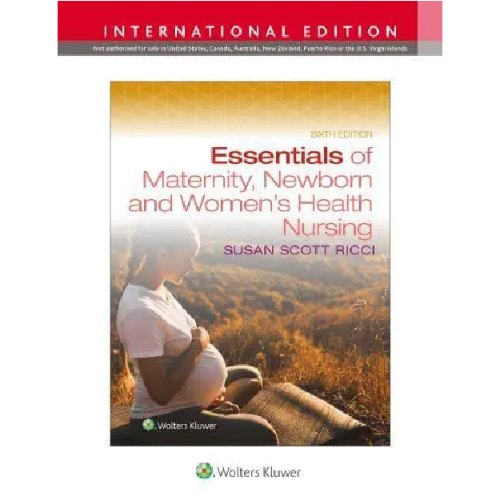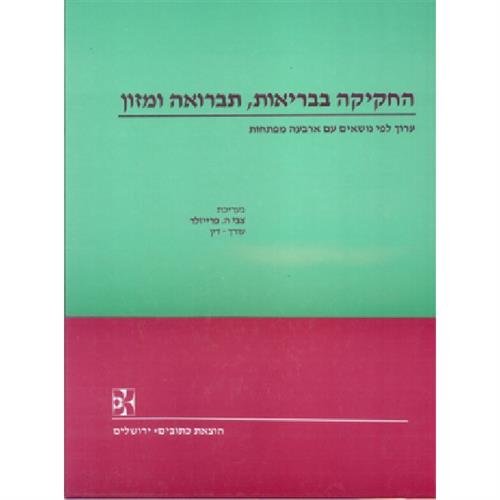Learning Without Lessons
9780197645598
-
₪398.00₪442.00
אזל המלאי
פריט זה ניתן על ידי קרדיטים.
לחצו על "הוספה לעגלה" להמשך
לחצו על "הוספה לעגלה" להמשך
אזל המלאי עבור /
-
זמן אספקה ותנאי רכישההערות:
• זמן אספקה: הזמנות בהן כל הספרים זמינים במלאי - זמן אספקה – כ- 5 ימי עסקים (למעט אזורים חריגים בהם ייתכן עיכוב נוסף).
ספרים שאינם זמינים במלאי: זמן אספקה כ- 14 -45 ימי עסקים בהתאם למלאי במחסני המו"ל בחו"ל - הודעה תימסר ללקוח.
• הזמנה במשקל כולל של עד 14 קילו ישלחו ללקוח באמצעות חברת שליחויות עם שליח עד הבית (בישובים מסוימים המסירה תתבצע למרכז חלוקת הדואר המקומי)
• במידה וקיים עיכוב במשלוח ההזמנה או חוסר במלאי הספרים תשלח הודעה ללקוח.
• במידה ויבחר הלקוח עקב עיכוב במשלוח כנ"ל לבטל הזמנתו ויודיע על כך לידע, ידע מתחייבת לזכות החיוב.
• במידה ויתברר כי הספרים אזלו מהמלאי ולא ניתן לספקם - תשלח הודעה ללקוח.
• האיסוף העצמי ממשרדי ידע יבוצע רק לאחר הודעה ללקוח שההזמנה מוכנה לאיסוף.
דמי משלוח:
ניתן לבחור: 1. איסוף עצמי - ללא תשלום
2. משלוח עד הבית
Learning Without Lessons: Pedagogy in Indigenous Communities \ David F. Lancy
2024
In Learning Without Lessons, David F. Lancy fills a rather large gap in the field of child development and education. Drawing on focused, empirical studies in cultural psychology, ethnographic accounts of childhood, and insights from archaeological studies, Lancy offers the first attempt to review the principles and practices for fostering learning in children that are found in small-scale, pre-industrial communities across the globe and through history. His analysis yields a consistent and coherent "pedagogy" that can be contrasted sharply with the taken-for-granted pedagogy found in the West. The practices that are rare or absent from indigenous pedagogy include teachers, classrooms, lessons, verbal instruction, testing, grading, praise, and the use of symbols. Instead, field studies document the prevalence of self-guided learners who rely on observation, listening, learning in play from peers the hands-on use of real tools and, learning through voluntary participation in everyday activities such as foraging. Aiming to reverse the customary relation between western and non-Western theories or ideas about child learning and development, this book concludes that the pedagogy found in communities before the advent of schooling differs in very significant ways from that practiced in schools and in the homes of schooled parents.
מוצרים קשורים
-
יח'יח'יח'יח'
תודה על השיתוף
קיבלתם הנחת שיתוף מיוחדת! על מנת להינות מהנחה זו עליכם להוסיף את הפריט לעגלת הקניות בכפתור הוספה לעגלה.
הצטרפו לרשימת המתנה לחזרה למלאי
הצטרפות לרשימת ההמתנה בוצעה בהצלחה.
אנו נשלח אליכם מייל כאשר הפריט יחזור למלאי.





